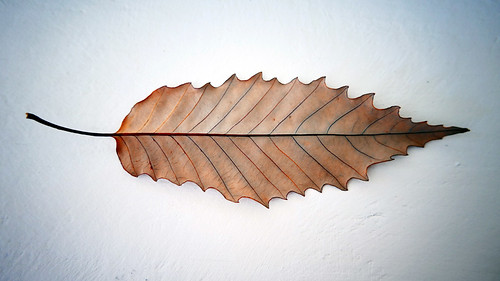

rustman
Leaf
Leaf. From Middle English leef, from Old English leaf, from Proto-Germanic lauba (“leaf”), from Proto-Indo-European leubh (“leaf”).
The etymology of the term isn’t terribly informative. It appears the modern term leaf comes from an ancient word pronounced ‘leaf’, which meant ‘a leaf.’ But how did that sound become associated with the principal lateral appendage of a vascular plant?
Obviously, there’s no consensus on the ultimate origin of spoken human language. How could there be? We can assume that language as an organized method of communication originated around the same time that humans became…well, human. In other words, when we, as a species, reached a sort of event horizon in regard to abstract thinking, planning depth, and symbolic behavior.
But somebody in some neoolithic pack living on the Pontic–Caspian steppes of Eastern Europe had to make the sound leaf AND associate that sound with a leaf — and do it in such a way that the pack eventually connected that sound to a broad spectrum of structurally related but visually different constituent plant components.
Think about that. If you were somehow tumbled back in time seven or eight thousand years ago and showed this photograph to a semi-nomadic tribe noodling around the grasslands along the north shore of the Black Sea, they’d probably be able to point to it and say “leaf.” That is singularly cool.
Blog photograph copyrighted to the photographer and used with permission by utata.org. All photographs used on utata.org are stored on flickr.com and are obtained via the flickr API. Text is copyrighted to the author, greg fallis and is used with permission by utata.org. Please see Show and Share Your Work
